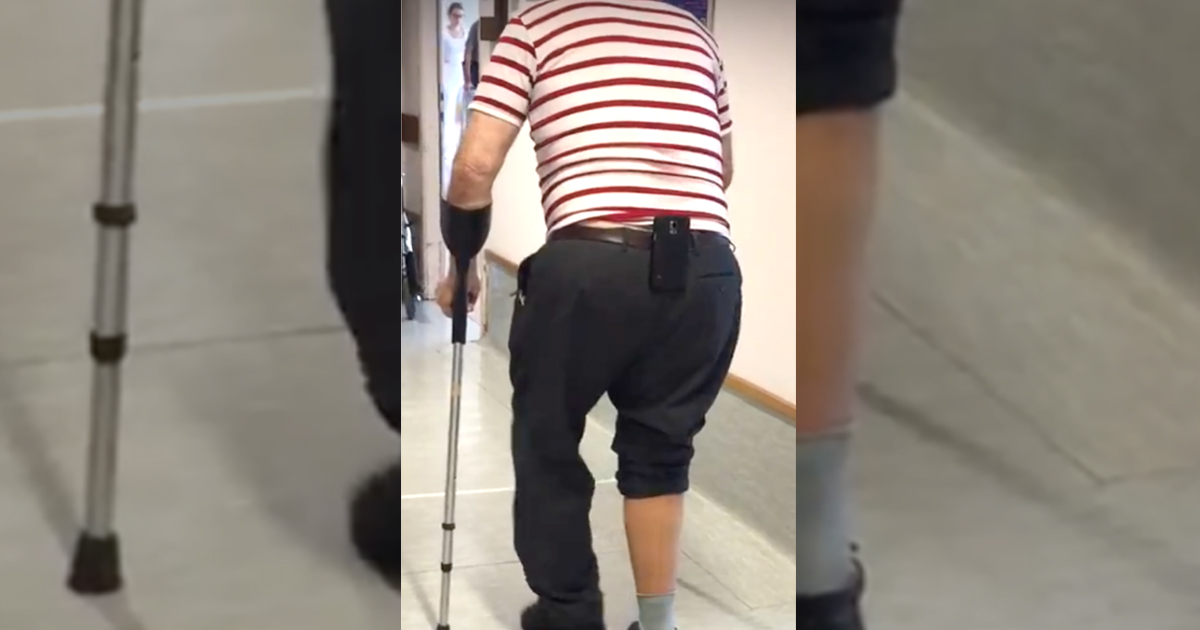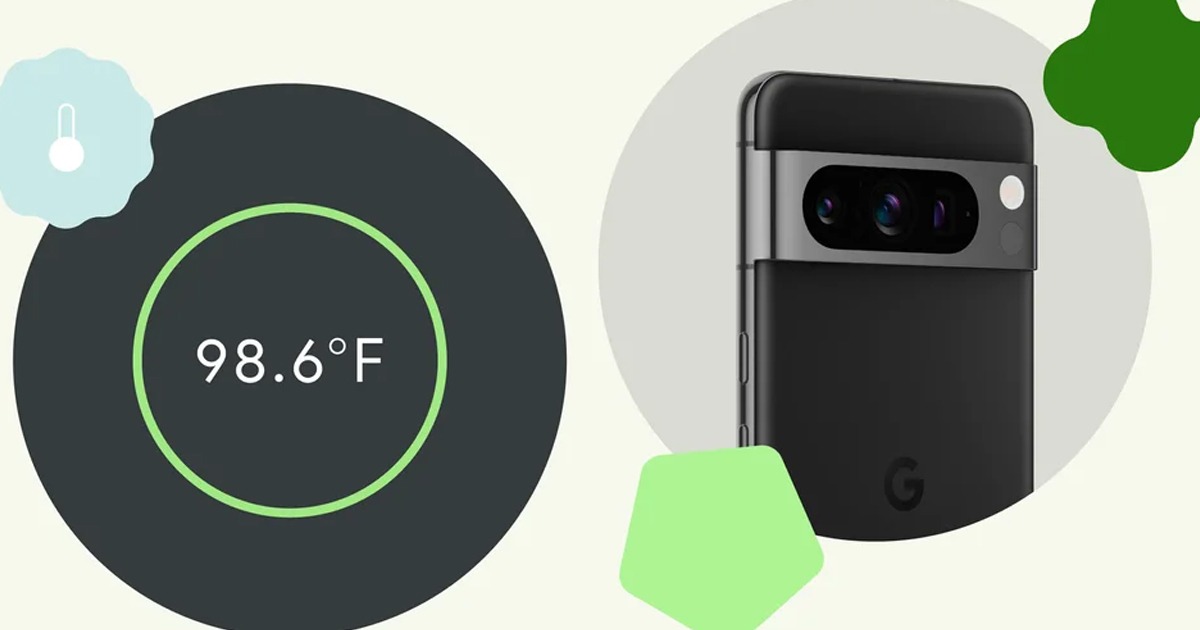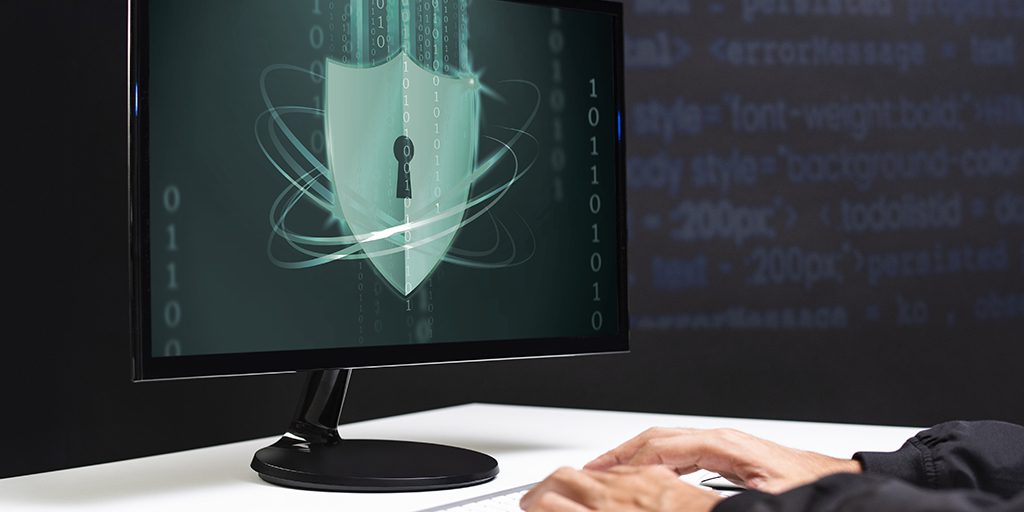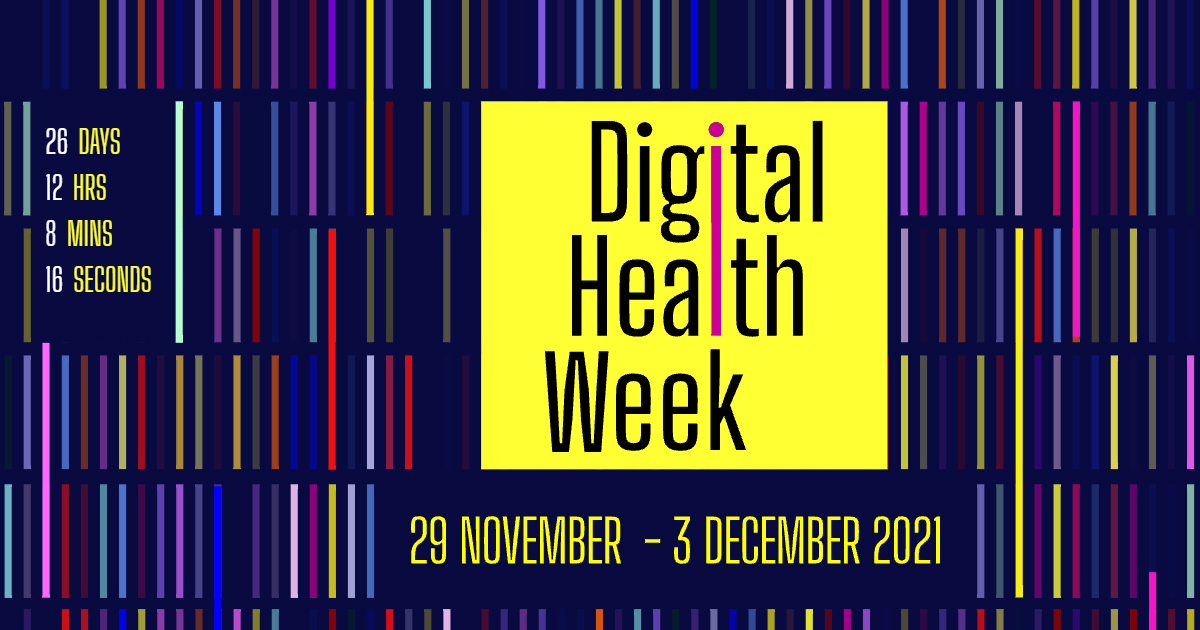A study published in PLOS Digital Health explored a smartphone-based test and a six-minute walk to classify fall risk in people with lower-limb amputees.
Fall prediction models are a very useful tool to intervene early and prevent major accidents. However, these types of models often overlook people living with a lower extremity amputation. The study recently published in PLOS Digital Health details how steps and footfalls with automated detection in a six-minute walk are key to the calculation of the characteristics of the steps of people with lower amputations. In this way, the researchers were able to classify the risk of falls in these patients.
That is to say, thanks to the automated detection of footsteps through a smartphone connected to the body in a six-minute walk (6MWT, in English), it is possible to know characteristics based on steps such as the risk of falling in patients with limb amputations. lower.

The study included the participation of 80 people with lower extremity amputations, 27 with falls and 53 without falls. In addition, during the 6MWT, a smartphone placed in the posterior pelvis was used, which managed to collect information through the Walk Test mobile application developed by the Ottawa Hospital Rehabilitation Center (TOHRC).
The study inclusion criteria were patients with: a below-the-knee or above-knee amputation; ability to walk with a cane or a pair of suitcases without assistance; at least six months after amputation; functional prosthesis; and no injuries to the stump.
The mobile phone automatically detected footfalls using a long-term memory approach, and the characteristics of the steps were calculated using manual or automated labels. “Manually labeled footfalls correctly classified fall risk for 64 of 80 participants (80 % accuracy, 55.6 % sensitivity, 92.5 % specificity). Automated foot taps correctly classified 58 of 80 participants (precision 72.5 %, sensitivity 55.6 %, specificity 81.1 %)," the study details.
The two approaches were ranked equivalently but the foot strikes had six more false positives. That is to say, the research demonstrated that automated foot strikes on a 6MWT are useful for calculation of step-based characteristics and for classification of fall risk.
Learn more about this study at the following link:
https://journals.plos.org/digitalhealth/article?id=10.1371/journal.pdig.0000088






